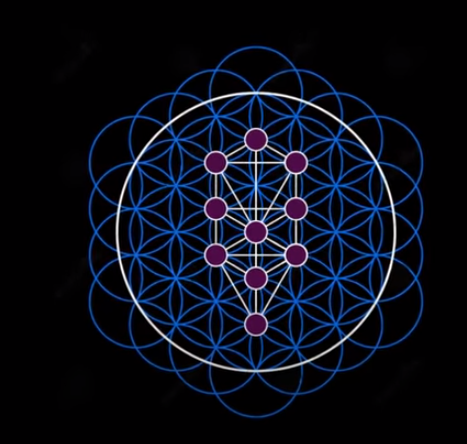| PURCHASE ON AMAZON |
Judaism
Secrecy and Deceit: The Religion of the Crypto-Jews
Alvin Radkowsky, "The Relationship between Science and Judaism,"
The chosen people, without a doubt.
I came to belief in God because of physics, then had to make a determination of what to believe. I believe that God is unknowable, yet we all have a personal relation with God. I think that to God we are all equal, yet when it comes to religion, and history, the Jews definitely stand out as chosen. Either they control religion by a conspiracy, or God made it so.
Regardless, they must be given whatever they choose, otherwise we will have war. Consider that most wars have had a religious component, then think of how Judaism is the foundation of both Islam and Christianity. If religion is how you control people, then Judaism is how you control religion.
If we are looking for a revelatory messianic solution, or if we wish to apply only logic and reason in coming to a final solution for the well being of mankind, the only effective path is through the Jewish people.
Exodus 19 : 3 And Moses went up unto God, and the Lord called unto him out of the mountain, saying, Thus shalt thou say to the house of Jacob, and tell the children of Israel; 4 Ye have seen what I did unto the Egyptians, and how I bare you on eagles' wings, and brought you unto myself.5 Now therefore, if ye will obey my voice indeed, and keep my covenant, then ye shall be a peculiar treasure unto me above all people: for all the earth is mine: 6 And ye shall be unto me a kingdom of priests, and an holy nation. These are the words which thou shalt speak unto the children of Israel. 7 And Moses came and called for the elders of the people, and laid before their faces all these words which the Lord commanded him.


